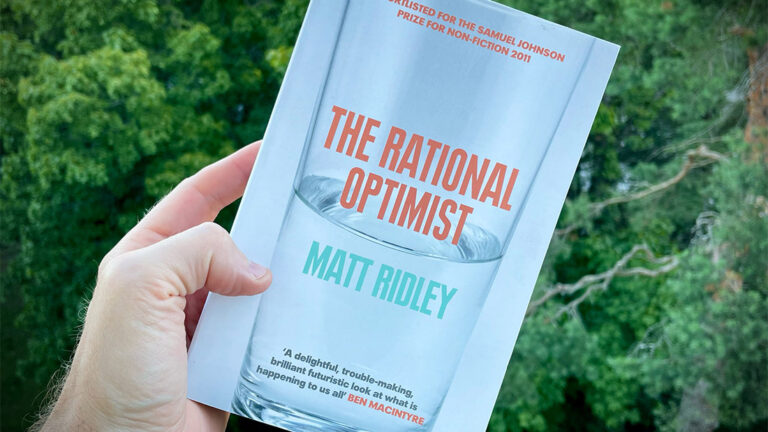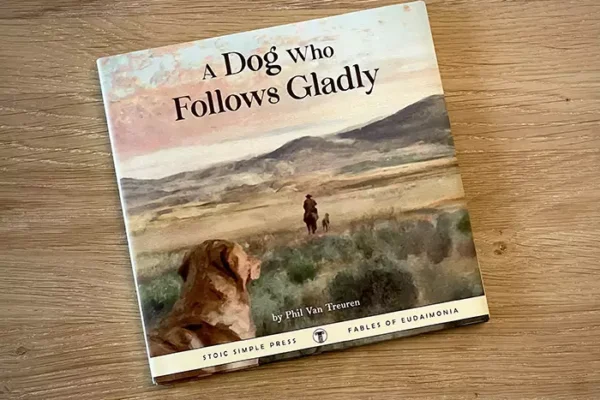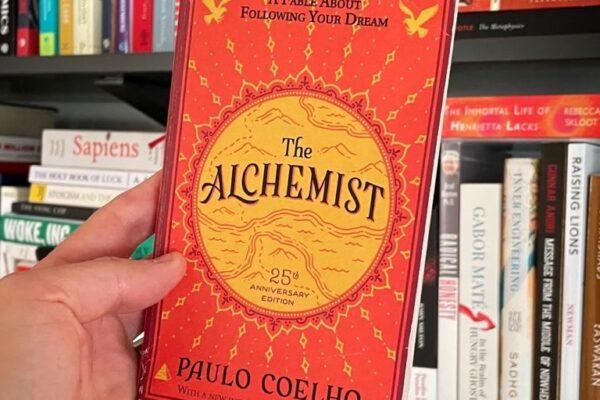In his book “The Rational Optimist,” British journalist, author, and scientist Matt Ridley presents a compelling argument for the continuous progress and prosperity of human civilization. Ridley challenges prevailing pessimism by emphasizing the positive impact of exchange, specialization of labor, and the accumulation of knowledge throughout history.
The Birth of Progress: Economics and Trade
According to Ridley, the defining spark that set Homo sapiens apart from other animals was economics and trade. As humans began exchanging goods and services, progress was born, characterized by rapid changes in technology and habits. The division of labor played a crucial role, allowing for increased specialization and output. Ridley draws upon Adam Smith’s concept of dividing production processes into specialized tasks to demonstrate the miracles of economic growth and prosperity.
Time as a Metric for Prosperity
Ridley introduces time as a metric for measuring prosperity. He highlights the significant gains in efficiency by comparing the amount of work required to enjoy certain pleasures or goods. For instance, an hour of work today can provide 300 days of reading light, whereas in 1800, it only earned 10 minutes. This metric underscores the tremendous progress humanity has achieved in terms of improved quality of life.
Technology Empowering Productivity
Technological advancements play a pivotal role in Ridley’s optimistic outlook. He showcases how new energy technologies revolutionized productivity, reducing the time required to produce goods. For example, what used to take a textile worker 20 minutes in 1750 could be accomplished in just 1 minute by 1850. Ridley echoes Adam Smith’s words, highlighting technology’s ability to leverage labor and maximize output. While transitioning away from coal to better energy sources, the benefits of technological progress continue to shape human possibilities.
Video Review – The Rational Optimist
TAKEAWAY: Embracing Optimism in Uncertain Times
The new age of rapid technological innovation has lead to a widespread uncertainty and unease in many aspects of life. A few generations ago it was unimaginable that you would practice another trade than the family trade of shoemakers, blacksmith, carpenter or weaver within your lifetime. Today many of us speculate in if our current profession will be relevant at all the coming years. This, combined with our innate Negativity Bias—our tendency to put more emphasis on negative events than positive ones—and we have a recipe for anxiety and gloom.
I’ve been needing a book like this. I’m an optimist, but the recent weeks have taken a toll on me. Gang shootings, inflation, raising interest rates, riots, war, Quran burnings etc.. If you’ve been following the news, then things look bleak. In an age of uncertainty a positive outlook on where humanity is heading works as a protective shield against worry and anxiety. Regardless if the positivity is based on “rational” optimism, or more irrational sources, such as belief in reality creation, more or a higher power.
Attitude is everything, in a way.
There are big challenges ahead of us, but having a positive outlook is a great starting point for creative action and problem solving. Pessimists say that if the world continues as it is then we are doomed. But notice the conditional, “if”. The world will NOT continue as it is, that’s the whole point of human progress.
Book Verdict:
I read “The Rational Optimist” to regain hope. Matt Riley is not perfect in his analysis of the world (the guy seems to have underestimated the threat of global warming), but his argument for how exchange of ideas, services and goods have put humans in a great position handling challenges and improving living standards is convincing. Now I feel hopeful.
(Note: I discovered this book through The Almanack of Naval Ravikant, which provides an excellent list of reading recommendations. It has become my go-to source for reading inspiration. Check out my review of Naval’s book, my latest addition to The Great Books List, for further reading after this review.)
⭐️ ⭐️ ⭐️ ⭐️ out of 5
Find more great books to read on my the Great Books List
Video Reviews every week on YouTube and support the BookLab mission on Patreon





